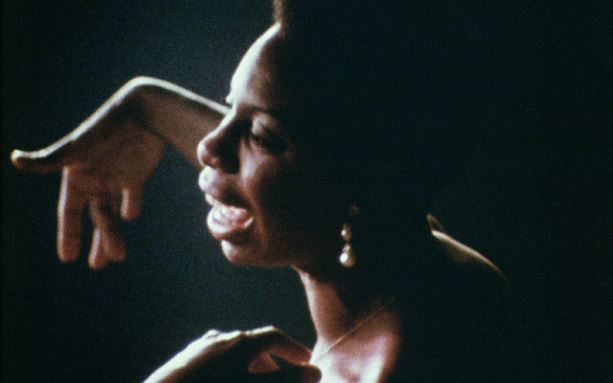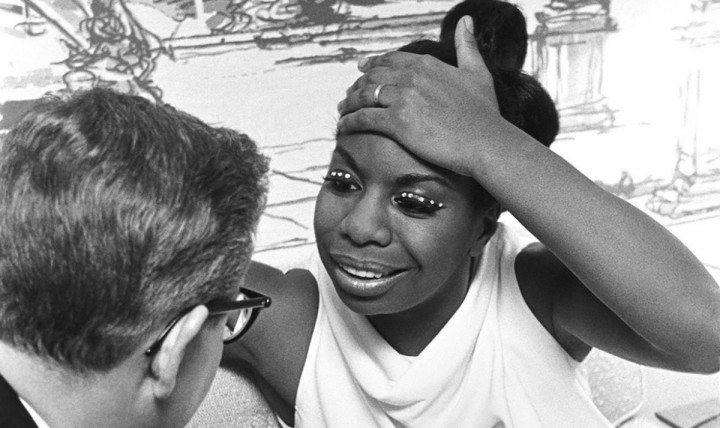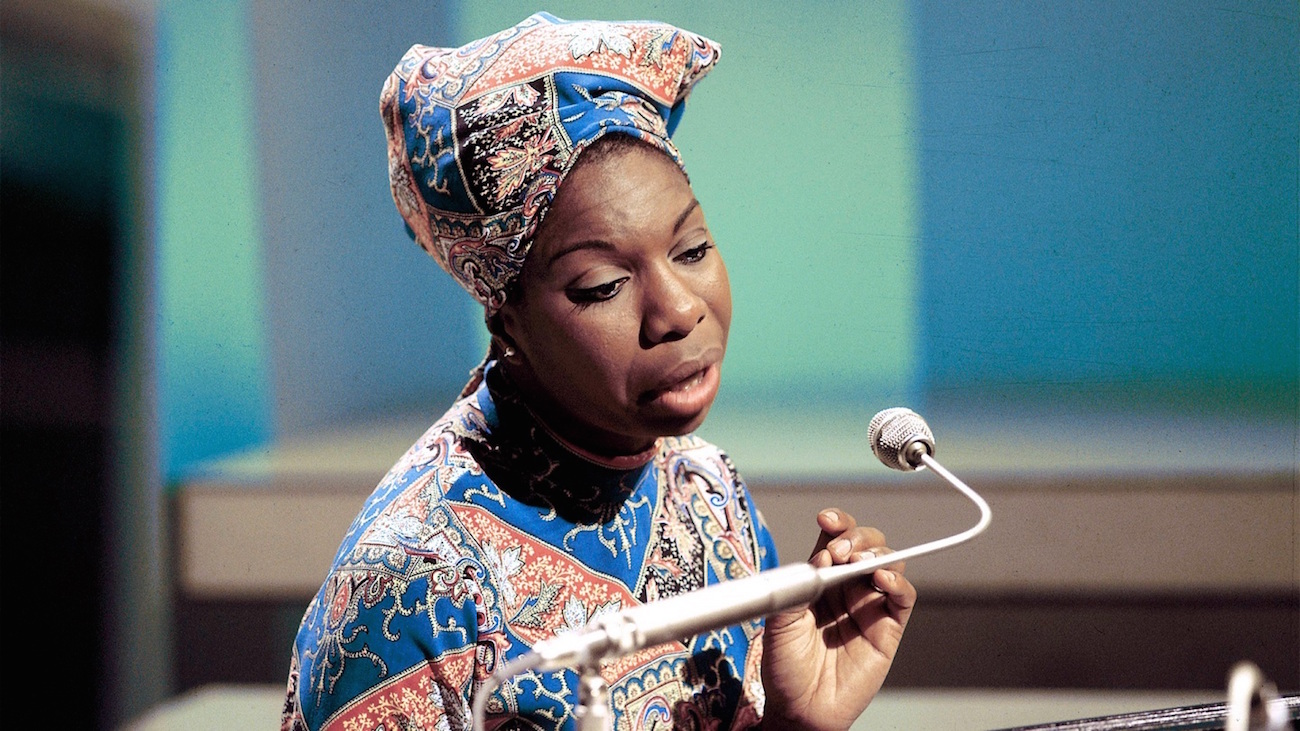Feelin’ good.
A Netflix original directed by Liz Garbus, What Happened, Miss Simone? is an intimate documentary recounting the life of the musical genius, Nina Simone. The documentary’s title is a line extracted from the late Maya Angelou’s 1970 article, ‘High Priestess of Soul’, put forth in an attempt to decipher the air of mystery that lingers over Nina Simone’s legacy. What Happened, Miss Simone? is a fascinating look at Nina Simone’s journey to the height of fame and her vulnerabilities that haunted her success.
Born Eunice Waymon in 1933 in Tryon, North Carolina, Nina Simone had music ingrained in her from a young age. Her musical talent was discovered early when she would play for her local church. She began studying classical piano at the age of seven. Having to cross the railroad tracks to the white side of town to attend lessons every day, Simone became aware of racial issues from an early age, though was never encouraged to address them.
When she was seventeen, Simone moved north to pursue her dream of becoming America’s first black classical pianist, adamant that her talents were capable of achieving so. She picked up a few jobs to support herself and her family, and struck a chord (Ed. pun?) with audiences playing late night gigs at a jazz bar in Philadelphia. She was told that if she wanted to keep the job, she would need to sing, too—so she did, and the sounds that escaped were extraordinary. She dreamed of playing classical music at Carnegie Hall – not ‘the devil’s music’, as her mother called it, at crummy bars – and to hide it from her family she adopted a stage name and Nina Simone was born.
What Happened, Miss Simone? consists of interviews with those closest to her, including her daughter, Lisa Simone Kelly, her abusive ex-husband, Andy Stroud, and her longtime guitarist, Al Schackman. They attempt to paint a portrait of a deeply complex woman, but her intricacies are hard to fully capture. Nina Simone’s persona was a web of mental illness, oppression and immense talent. The documentary includes interview recordings with Simone herself, and it is in these, mixed with extracts shown and read from her diaries, that allows her story to be so intimately told. Her interviews reflect the complexity of her mind and the radical approach that she maintained through her life; her diary reflects the psychological pains that she endured because of it. Her music, then, is the culmination of both, an expression of her story through the only means she knew how.
The film touches, perhaps too briefly, on what it is about Nina Simone that makes her the musical genius that she is. She took the restraint required to play classical piano, and applied it to the blues, to soul, to jazz, and transformed every piece of work into her own. With every piece of music she touched, she brought something of herself; which part it was depended on the message she was delivering. The footage of Simone’s enigmatic stage persona is compelling to watch, and in this regard, the documentary does not disappoint. She didn’t just know how to perform, she knew how to take reign of the stage; she would stop mid-song to adjust the situation if she thought that reign was slipping. There’s a question that looms over the documentary that remains unanswered: was she brilliant or was she mad?
The documentary traces Simone’s shift to civil rights activism, triggered by the death of four black girls in a church bombing in Birmingham, Mississippi. Simone started to convey a different – much angrier – message in her songs, and used her voice as an instrument to encourage change and battle racial inequalities. In turn, she lost the battle against commercial acceptance. After her friends Malcolm X and Martin Luther King were killed, Simone spiraled downwards, repulsed at the state of society and the supreme inequality the black community endured.
“I choose to reflect the times and the situations in which I find myself,” Simone says, yet her story still resonates today. What Happened, Miss Simone? was released within a week of the racially motivated shootings in a church in Charleston, South Carolina killing nine black Americans, reiterating that Nina Simone’s fight is one that is to some extent still being fought. Indeed, the context has changed dramatically; the racial inequalities experienced then are incomparable to today. But as the death toll of black Americans at the hands of law enforcement and white supremacists continues to rise today, the same message of shocking discrimination is indeed still relevant, and the need for change remains. “Mississippi, goddam,” she sang. “Charleston, goddam,” we echo.
“What happened, Miss Simone?” is the question that both Maya Angelou and this documentary put forth. The film tries hard to untangle Nina Simone’s complexities, but perhaps these are too intricate for even us to fully comprehend. The film reveals a woman who, despite being what we can only describe as a genius, was tortured by her own mind, but most of all, was tortured by the time and world she lived in.
8/10
For more Reviews, click here. If you’re digging ReelGood, sign up to our mailing list for exclusive content, early reviews and chances to win big!


